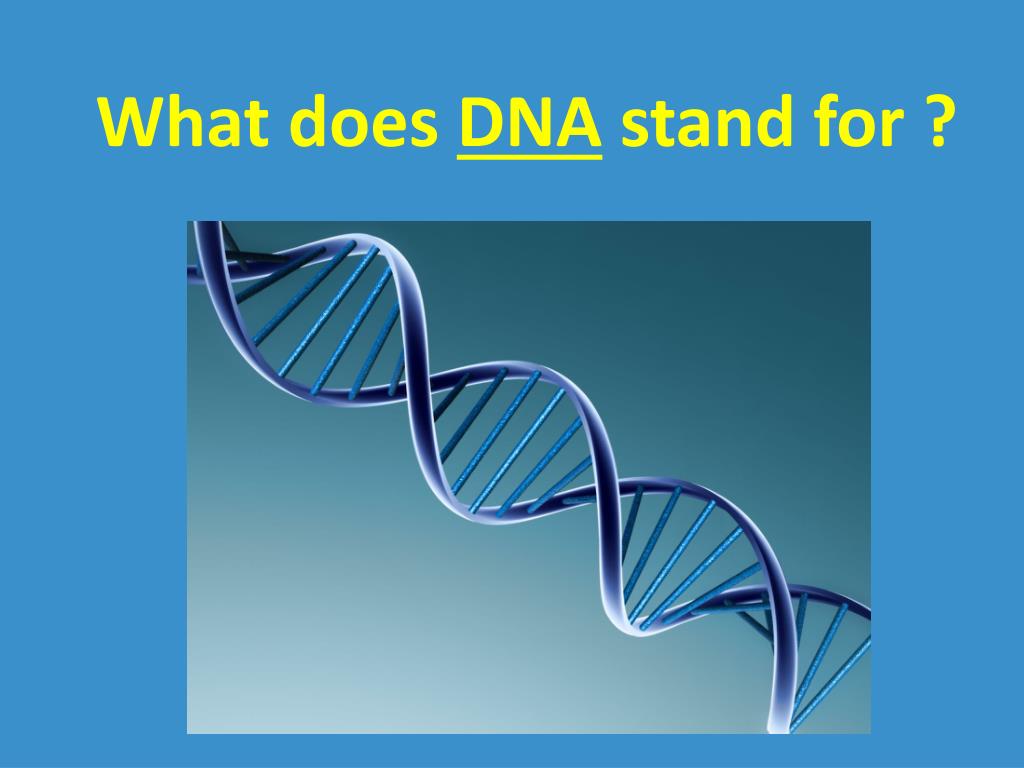
… In cases where a suspect is identified, a sample of that person’s DNA can be compared to evidence from the crime scene. How important is DNA evidence?ĭNA can be used to identify criminals with incredible accuracy when biological evidence exists.

A sample can be from any part of the body, since the DNA is the same. The probability of the DNA profiles of two unrelated individuals matching is on average less than 1 in 1 billion. The more markers used, the greater the accuracy, but also the cost of testing. Fingerprints solve ten times more unknown-suspect cases than DNA fingerprinting. Which evidence is more reliable DNA or fingerprint?įingerprints are still the most cost-effective and reliable way to identify people: … No two fingerprints have ever been identical in the many millions of comparisons. It should never be oversold in court, and it should only ever be considered in light of other available evidence. The lesson of all this research: DNA evidence is a powerful tool in criminal investigation and prosecution, but it must be used with care. Should DNA evidence ever be used as the only evidence to support a criminal conviction? All material facts in issue must be proved to convict an accused. By the same token, if there are issues beyond identification there will be no question of the DNA evidence alone being sufficient to justify conviction. If identification is not in issue, generally DNA evidence will be irrelevant. Is DNA evidence alone enough to acquit or convict? Only one-tenth of 1 percent of human DNA differs from one individual to the next and, although estimates vary, studies suggest that forensic DNA analysis is roughly 95 percent accurate. After 6.8 million years, every single base pair is gone. So every 1,000 years, 75 per cent of the genetic information is lost. A study of DNA extracted from the leg bones of extinct moa birds in New Zealand found that the half-life of DNA is 521 years. The molecule of life has a lifespan of its own. Yes you can be framed by your own DNA! How long does DNA evidence last? DNA controls such functions as the production of protein molecules in the cell, and carries the template for reproduction of all the inherited characteristics of its particular species. What does DNA stand for *?Īnswer: Deoxyribonucleic acid – a large molecule of nucleic acid found in the nuclei, usually in the chromosomes, of living cells. Human DNA consists of about 3 billion bases, and more than 99 percent of those bases are the same in all people. It can even be used to solve old crimes that occurred prior to the development of DNA-testing technology.


#Dna stands for wrong answer skin
DNA evidence can be collected from blood, hair, skin cells, and other bodily substances. One of the most reliable forms of evidence in many criminal cases is in our genes, encoded in DNA (deoxyribonucleic acid). If this kind of sample is being used to connect you with a crime, your lawyer may be able to challenge it. How can DNA evidence be used incorrectly?įor example, a sample collected from a cash register, a door, or any other surface that might contain a variety of genetic material, may not provide a reliable genetic picture of the suspect. But in reality, DNA evidence can be unreliable in the same way that eyewitness-identification evidence can be unreliable - namely, when the evidence is contaminated. By the same token, DNA evidence is largely viewed as unassailable, in part because of its publicized role in overturning wrongful convictions.


 0 kommentar(er)
0 kommentar(er)
